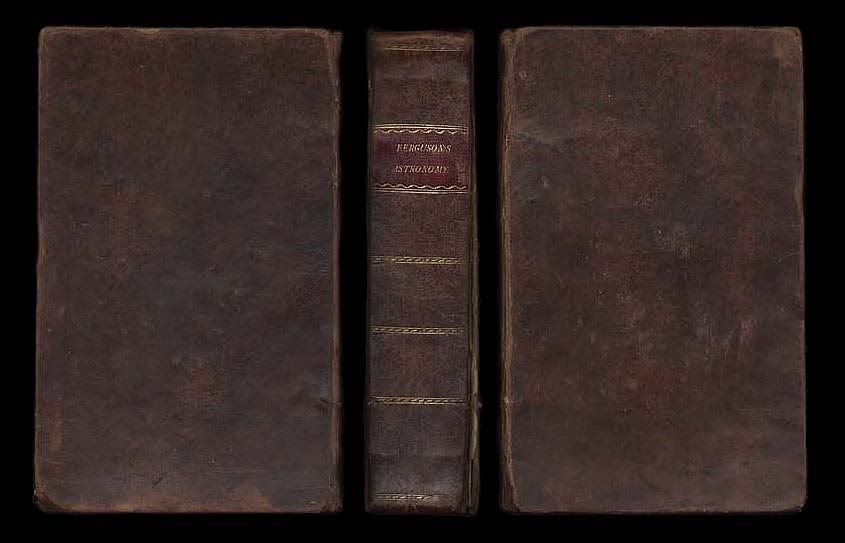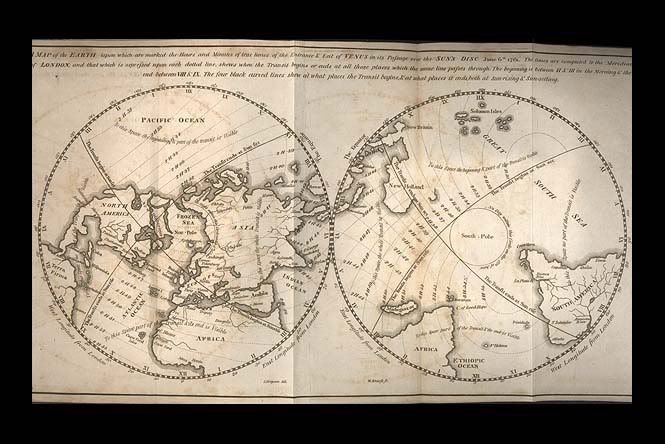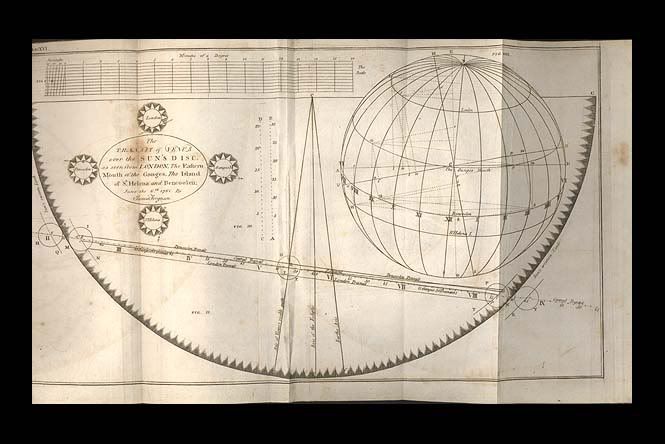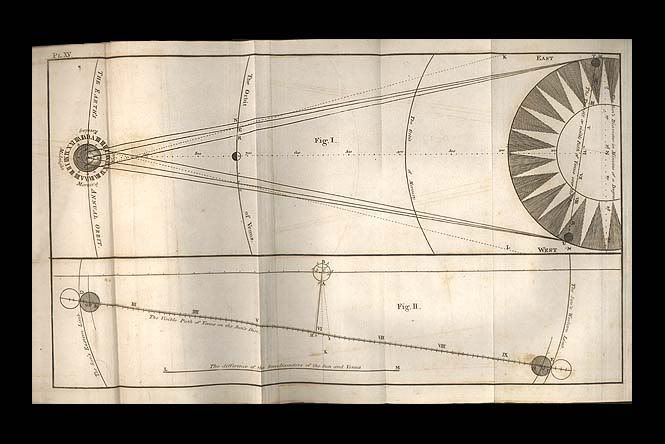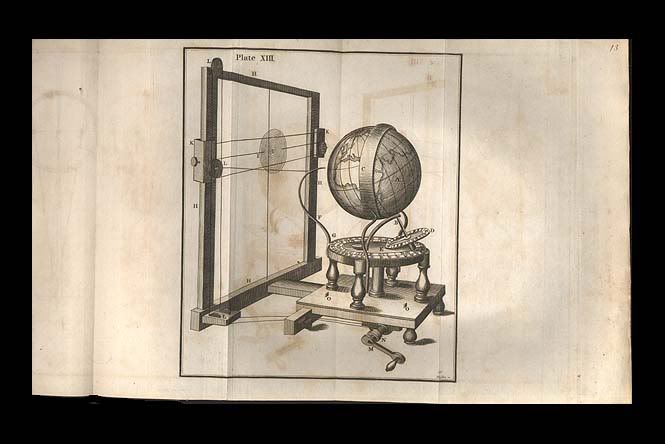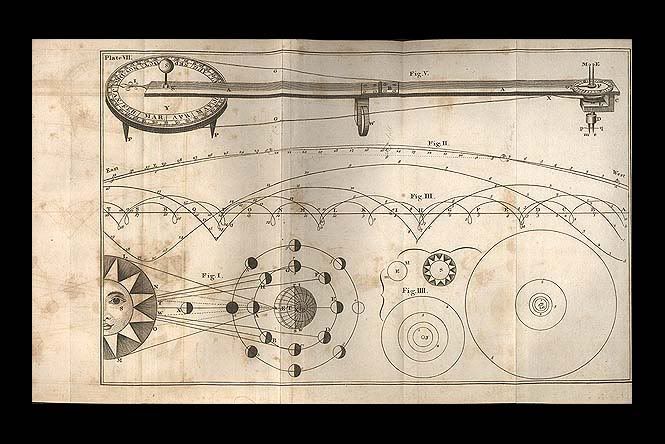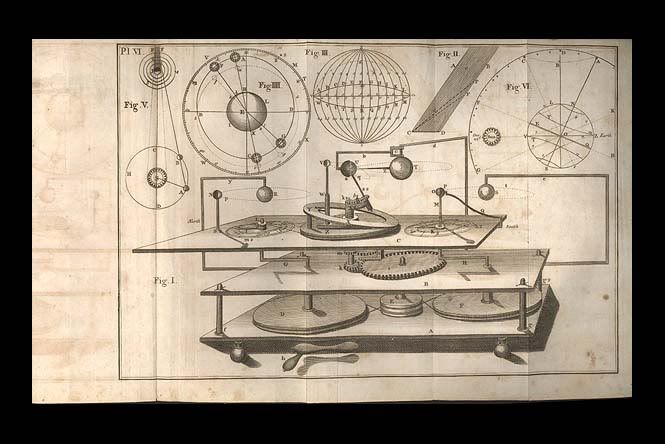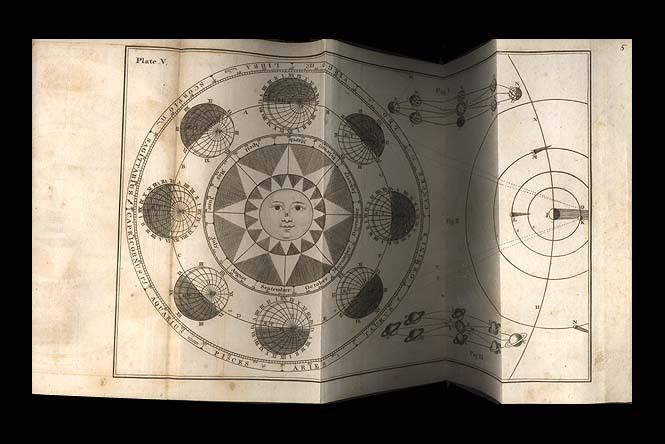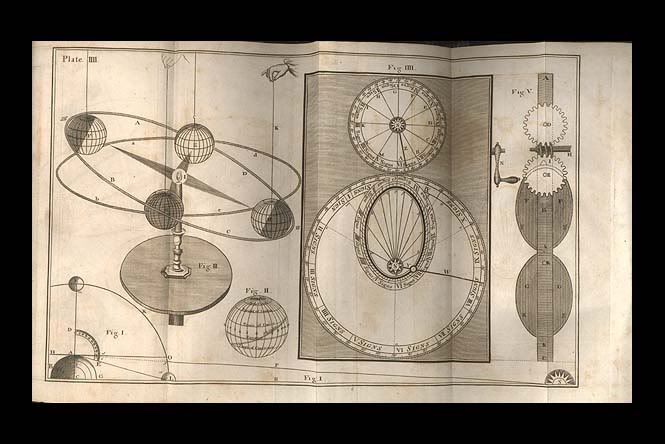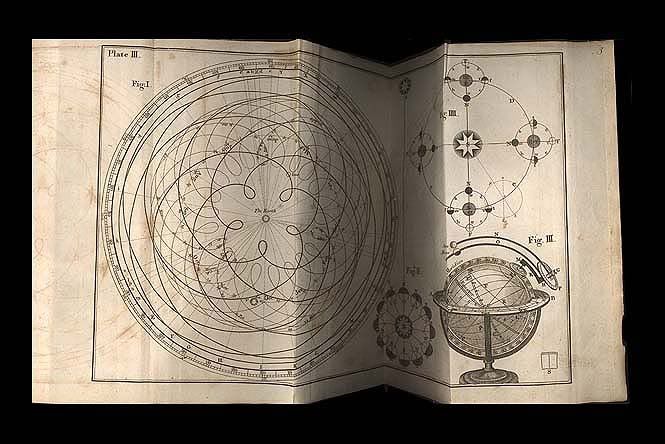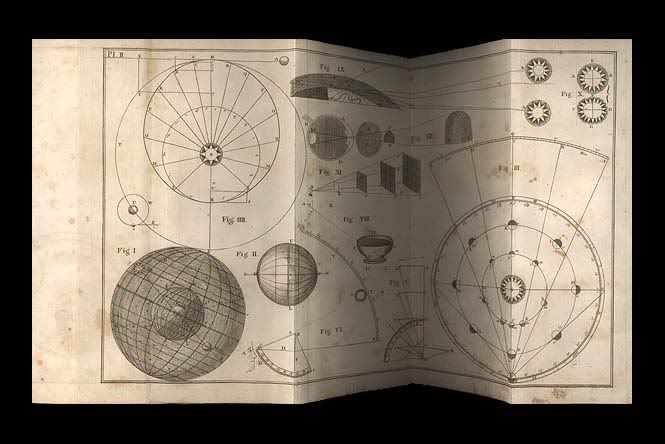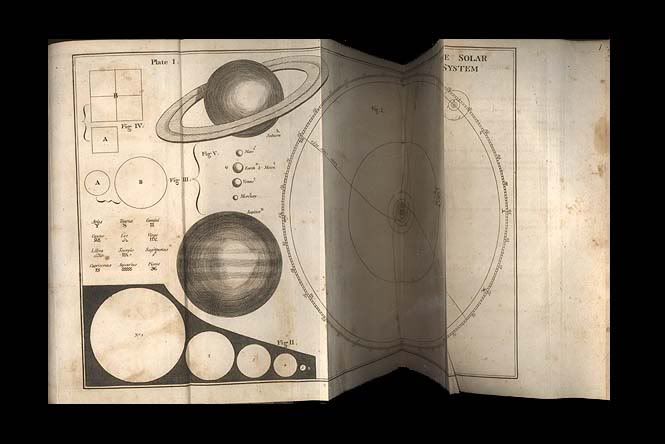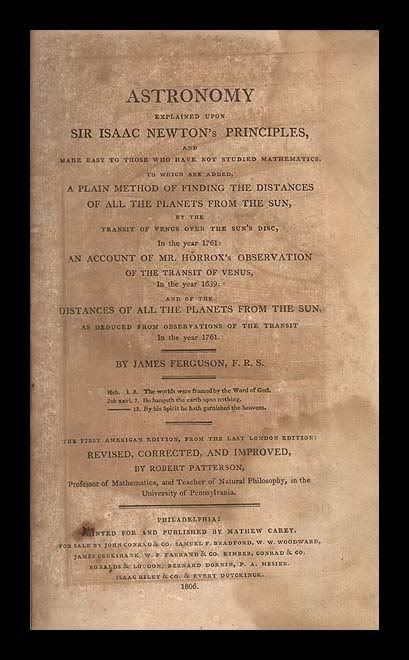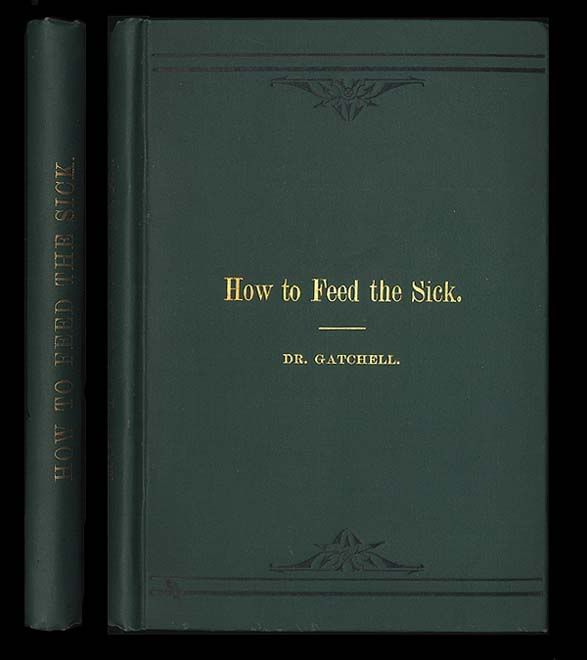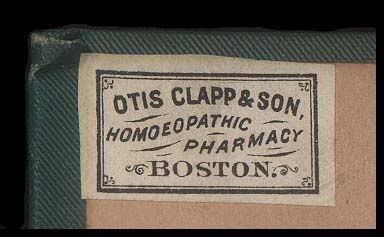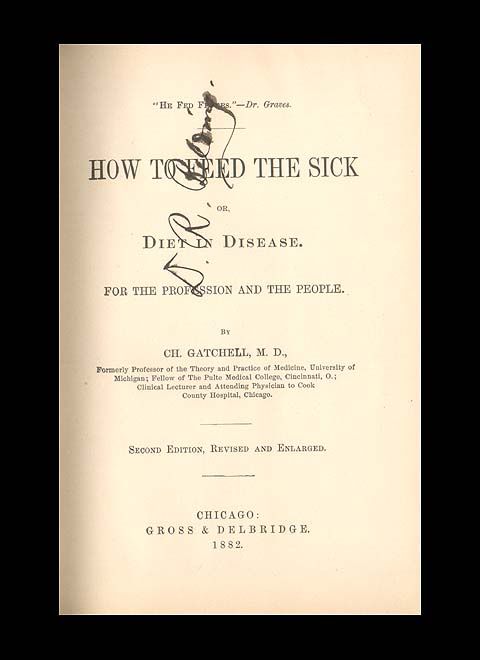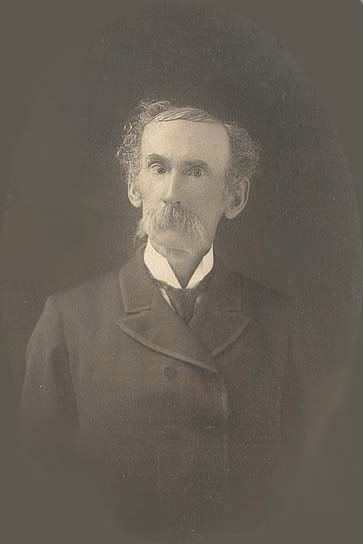A current literary fracas taking place within the halls of Academia and extending onto the WorldWideWeb reminded me of this post of mine from long ago in which I revived a critical review from even longer ago:
Old Review passing in review -- If there had been such modern slang in use .... Circular File - Slam-Dunk! :
Arrah Neil, or Times of Old. by G. P. R. James.
New York. Harper & Brothers.
"We suppose that this novel will be read, admired, praised and forgotten, like the preceding fictions of the same writer. The usual cant of eulogy will be lavished upon it, and it will then pass into oblivion, to be succeeded in three months by another equally valuable.
"In our opinion there is hardly an instance on record, of an author who has contrived to win an extensive reputation, as a writer of works of imagination, with such slender intellectual materials as Mr. James. No one has ever written so many books, purporting to be novels, with so small a stock of heart, brain and invention.
"He is continually infringing his own copyright, by reproducing his own novels. Far from being surprised that he has written so much, we are astonished that he has not written more. From his first novel, all the rest can be logically deduced; and the reason they have not appeared faster, may be found in the fact that he has been economical in the employment of amanuenses."
Arrah Neil, or Times of Old. by G. P. R. James.
New York. Harper & Brothers.
"We suppose that this novel will be read, admired, praised and forgotten, like the preceding fictions of the same writer. The usual cant of eulogy will be lavished upon it, and it will then pass into oblivion, to be succeeded in three months by another equally valuable.
"In our opinion there is hardly an instance on record, of an author who has contrived to win an extensive reputation, as a writer of works of imagination, with such slender intellectual materials as Mr. James. No one has ever written so many books, purporting to be novels, with so small a stock of heart, brain and invention.
"He is continually infringing his own copyright, by reproducing his own novels. Far from being surprised that he has written so much, we are astonished that he has not written more. From his first novel, all the rest can be logically deduced; and the reason they have not appeared faster, may be found in the fact that he has been economical in the employment of amanuenses."



